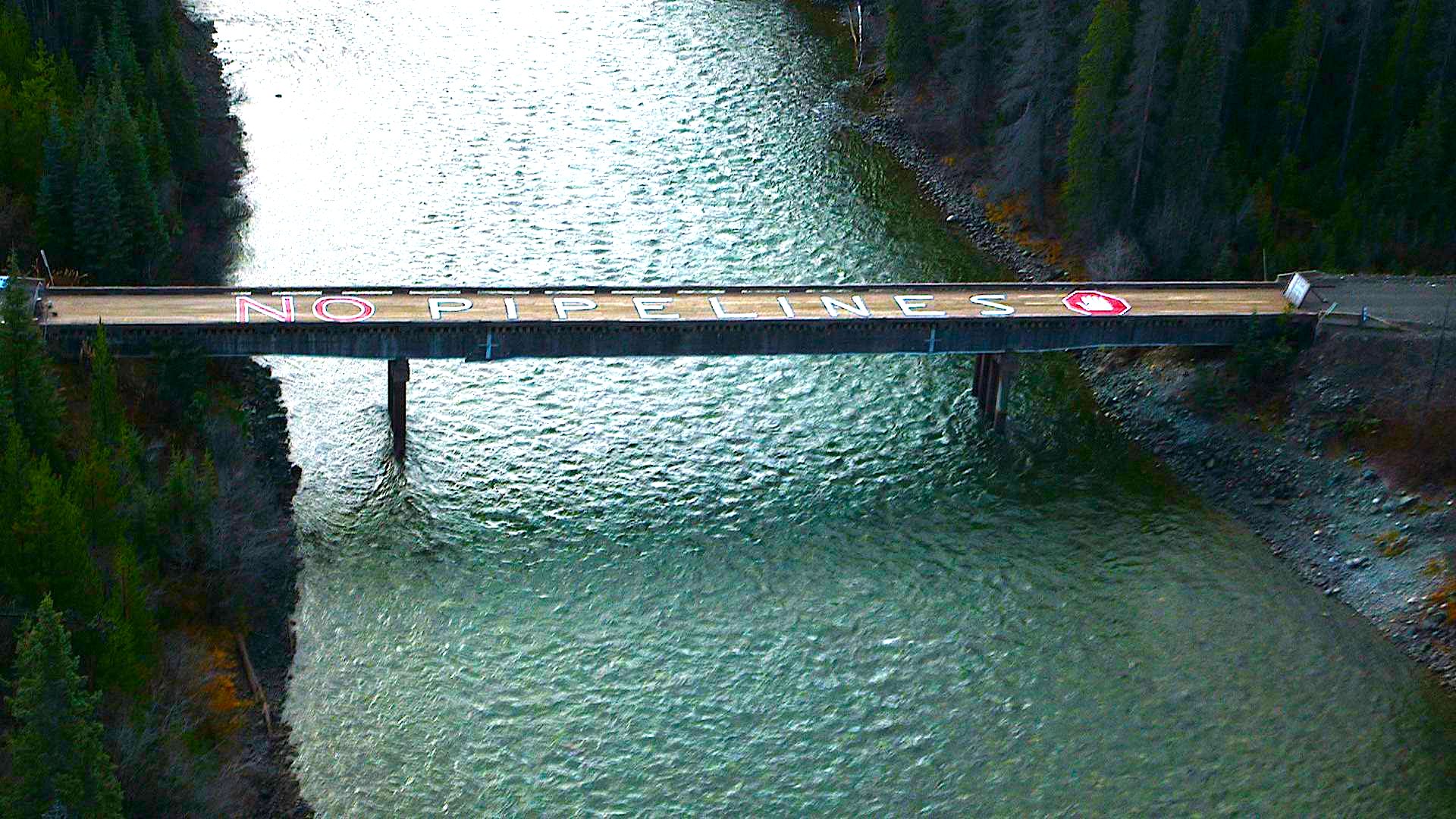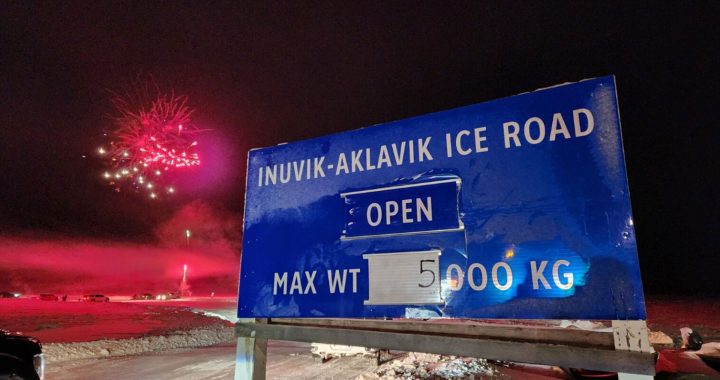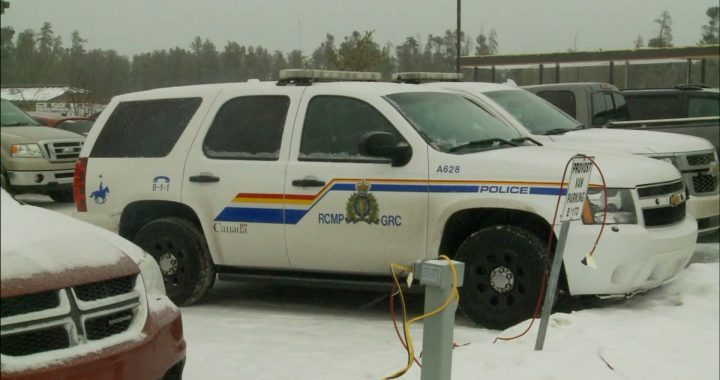
APTN National News
CALGARY–The National Energy Board’s joint review panel gave the green light Thursday to Enbridge’s controversial Northern Gateway pipeline project to pump Alberta tar sands oil to the British Columbia coast.
The panel, however, issued its approval to the estimated $7.9 billion project with 209 conditions.
The pipeline would run 1,178 kilometres from Bruderheim, Alta., to Kitimat, B.C, and pump 525,000 barrels per day onto tankers bound for Pacific markets.
The Harper government now has six months to respond to the review panel’s report. Prime Minister Stephen Harper has said the project is in the national interest. Natural Resources Minister Joe Oliver said the government would be reviewing the panel’s report on the project.
A showdown with Indigenous people in the region looms if the federal government gives final approval for the project.
The pipeline is facing some opposition from First Nations in British Columbia. So far, about 130 First Nations have signed a declaration in opposition to the pipeline.
“This project will never be built,” said Nadleh Whut’en First Nation Chief Martin Louie, who was speaking for the Yinka Dene Alliance. “We have drawn a line in the earth they cannot, and will not, cross.”
Enbridge, however, has signed about 36 separate protocol agreements with individual First Nations.
A camp, led by the Unist’ot’en clan of the Wet’suwet’en people, has dug in for several years on the Northern Gateway’s proposed pipeline route about 1,000 kilometres north of Vancouver. The camp issued a statement to APTN National News Thursday pledging to stop the pipeline’s construction through their territory.
“The NEB decision of ‘yes’ does not matter to us…we will continue to say ‘no’ without compromise,” said the statement. “They do not have jurisdiction or decision making power over Unist’ot’en territory. We will not remove our gateway.”
The Canadian Council of Chief Executives praised the NEB panel’s decision.
“Over the next 20 years demand for oil will double in Indian and grow by 80 per cent in China,” said John Manley who heads the council representing the interests of corporate chief executives. “Canada, with the world’s third largest oil reserves, badly needs new pipeline infrastructure that will enable our country to attract and access global markets.”
The NEB’s joint review panel found that any threats to the environment by the pipeline were outweighed by the economic benefits.
“Canada and Canadians would be better off with the Enbridge Northern Gateway project than without it,” said the panel.
The panel found finding a market for Alberta oil in the Pacific market was “important to the Canadian economy and society.” The panel said the “project would bring significant local, regional and national economic and social benefits.”
The panel found that the pipeline project would have “no significant adverse environment effects.” The panel said the project would have “cumulative effects” on woodland caribou and grizzly bear populations, but they would be “at the low end of the range of possible significance” and could be mitigated.
“The environmental burdens associated with the project construction and routine operation can generally be effectively mitigated and that continued monitoring, scientific research and adaptive management could further reduce adverse effects,” said the NEB panel in a statement.
The panel found that the likelihood of “significant adverse environmental affects” from “project malfunctions” or accidents leading to things like oil spills was very low.
“The environmental, societal and economic burdens of a large oil spill, while unlikely and not permanent, would be significant,” said the panel. “Northern Gateway had taken steps to minimize the likelihood of a large spill through its precautionary design approach and its commitments to use innovative and redundant safety systems.”
Among its recommended conditions, the panel said the project needed to develop a marine mammal protection plan, a caribou habitat restoration plan, an enhanced marine spill trajectory and fate modelling, create a research program on the behaviour and cleanup of heavy oils and conduct pre-operations emergency response exercises.











Enbridge pipeline. Big issue. Environment, Economic and Aboriginal well being are all at stake.
So what works best for Aboriginal Peoples?
A depressed Canadian economy will not allow Canada the resources to maintain current programs and services to First Nations via DIA (or whatever it’s called nowadays) let alone fulfill its true fiduciary responsibilities.
If there is no resource revenue then the only option would be for Canada to raise income taxes to fill the void. That will only exacerbate the negative attitudes many (if not most) Canadians have toward Aboriginal People.
Aboriginal People can either hold the line on resisting the pipeline or become players in this industry and masters of our own destiny.
What they (the NEB) are saying is that the money to be earned by shareholders trumps that of citizens whose lives will be completely ruined when we destroy our salmon fishery, or our coastal fishery.
What the NEB is saying that in spite of an oil spill costing up to 10 billion dollars, 1 billion compensation is enough for British Columbia and its citizens can suck up the remaining losses on their own.
What the NEB has said, thanks for giving us a wonderful tour of British Columbia, thanks for the dining and feasting, but we rightfully don’t give a damn about anyone in British Columbia so what makes you think we would care about its First Nations?
But I have to thank the NEB, they managed to unite the people of British Columbia at a scale never dreamed of in the past.
One thing is certain, we said NO in the past, No is something they obviously do not understand, but a lesson they will learn, no will remain NO and there will be NO pipeline anywhere near our rivers, nor will there be any oil tankers going to Kitimat or Rupert.
Mark my words, even if they are small, I will be right on this one as will every small voice on the Skeena watershed.